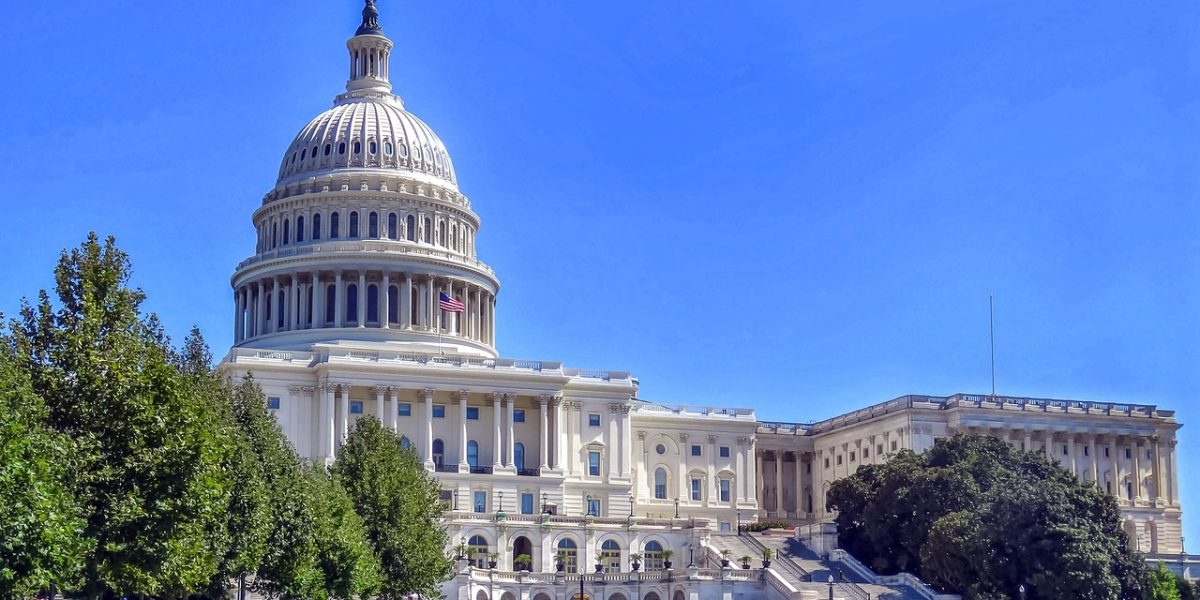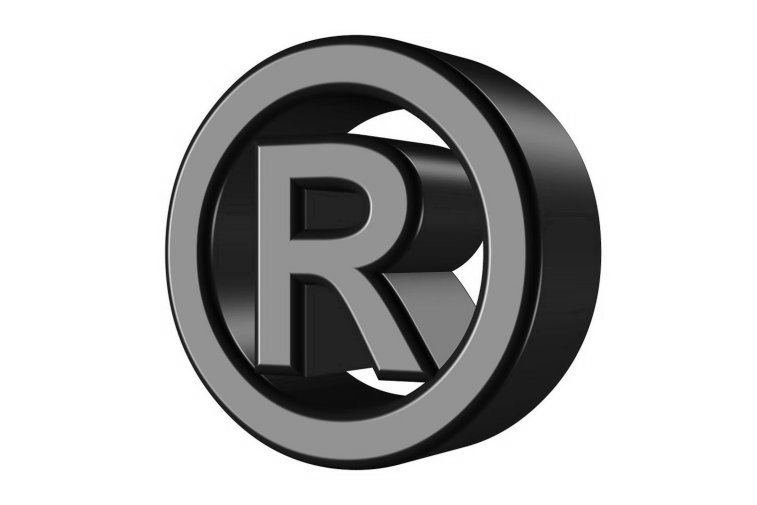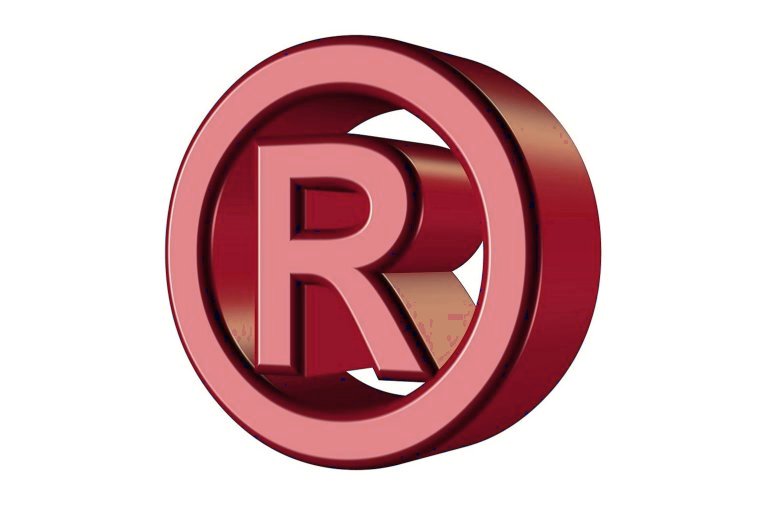In today’s rapidly evolving business landscape, intellectual property (“IP”) plays a critical role in the operation, valuation and success of many companies, particularly in the technology sectors. Whether you’re a technology start-up eyeing expansion or an established technology company looking to diversify into new markets and products, mergers and acquisitions transactions (“M&A”) can provide your […]
Trade Secret Protection Strategies for California Businesses
In the dynamic landscape of intellectual property (IP) law, safeguarding trade secrets is a pivotal aspect of any company’s business strategy, particularly for enterprises in California, where innovation thrives and competition is fierce. With the rise of technological advancements and the increasingly interconnected global market, protecting proprietary information has become more critical than ever before. […]
Navigating the Defend Trade Secrets Act (DTSA): A Comprehensive Guide for California Businesses
In the dynamic landscape of intellectual property (IP) law, protecting trade secrets is paramount for businesses to maintain their competitive edge. Finkel Law Group, a leading California intellectual property law firm, presents a comprehensive guide to the Defend Trade Secrets Act (DTSA). Their trade secret attorneys are available to provide valuable assistance when you need […]
Maintaining Your Company’s Legal Rights in Its Trademarks
This blog is fourth in a series of articles that Finkel Law Group has published to provide our readers with a broad overview of trademark law in the United States. The legal rights your company secures in the trademarks its uses for the goods and services you sell to consumers are subject to certain maintenance requirements […]
Registering Your Company’s Trademarks Under Federal and State Law – Part 3
This blog is the third in a series that Finkel Law Group is publishing to provide our readers with a broad overview of trademark law in the United States. In the United States, a trademark may be registered under federal law or state law, and registering your company’s marks with the U.S. Trademark Office brings […]
- « Previous Page
- 1
- 2
- 3
- 4
- 5
- 6
- …
- 16
- Next Page »





